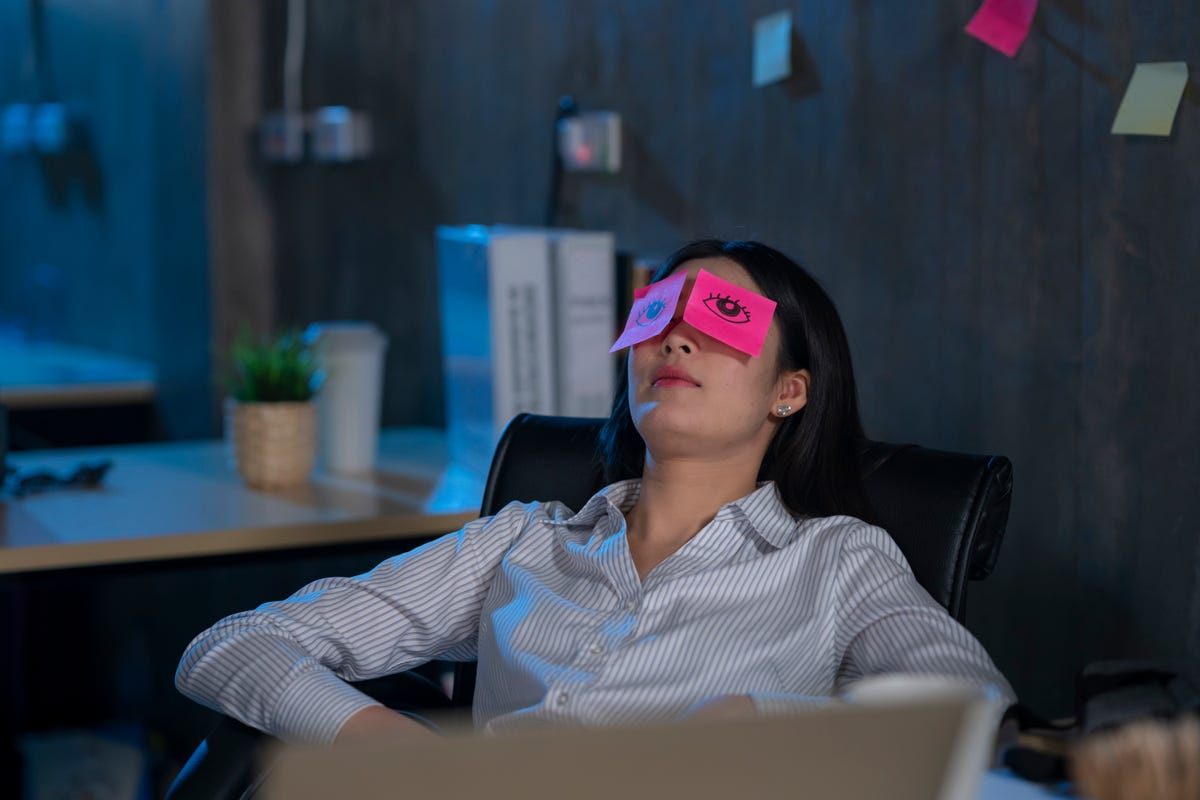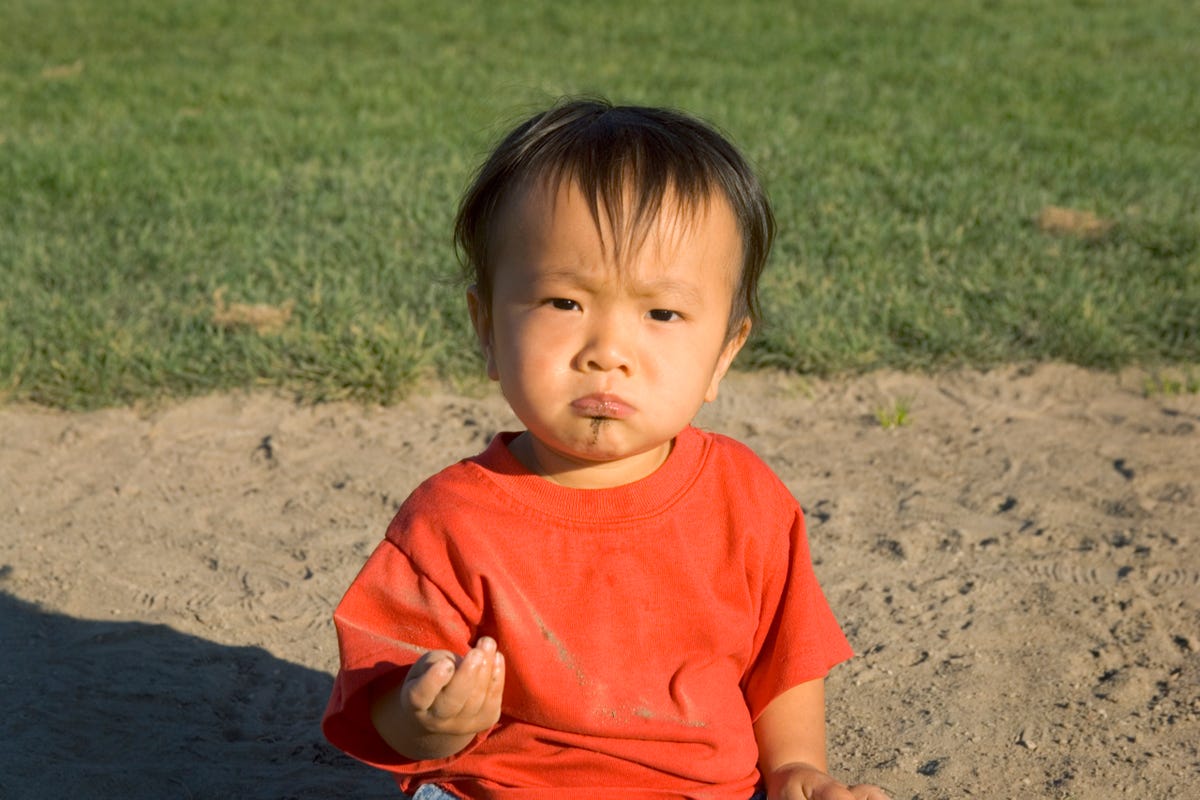In today’s overstimulated world, burnout isn’t short on victims.
Though its definition is a little up to your interpretation, it’s recognized by the World Health Organization as a response to workplace stress and categorized by feelings of exhaustion, negativity, cynicism or “mental distance” from work, as well as a feeling of being ineffective or not accomplishing anything. But it can also come from other life stressors, such as being a caregiver, feeling lonely or feeling like you never have time to do the thing you love doing.
Simply put, burnout is a state of exhaustion that comes after being in a period of chronic stress.
Feel familiar? If so, you aren’t alone. Burnout can affect anyone, employed or unemployed. It’s gotten more attention lately in certain industries, including the health care, where the workforce was stressed past its max during the pandemic, but it’s rising in workers everywhere by some estimates. Women and younger workers might also be more affected.
Burnout can impact your health, change your diet and disrupt your sleep – causing you to need more of it or shave off hours. But there’s some good news: burnout is a solvable problem. Some ways you can reverse it include setting work/home life boundaries; saying no to tasks you don’t have time to complete; and swapping out one task a week you feel like you “have” to do with a task you really “want” to do. But one of the simplest ways to start dealing with burnout is by… sleeping.
Let us explain.

Sleeping more to think less (and ultimately do more)

